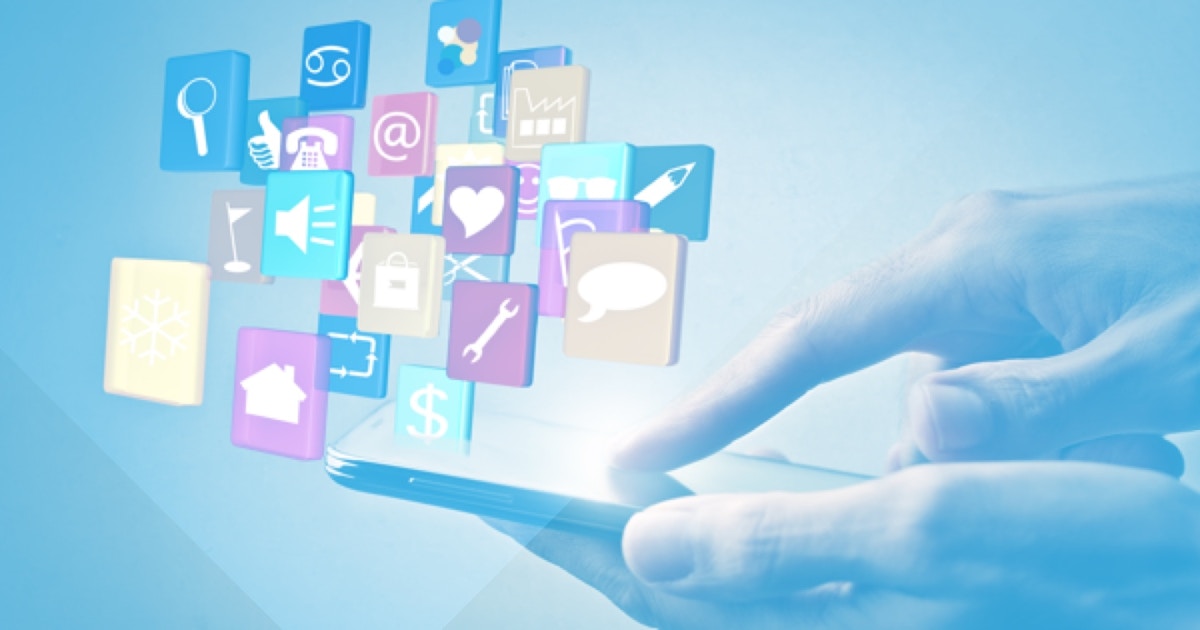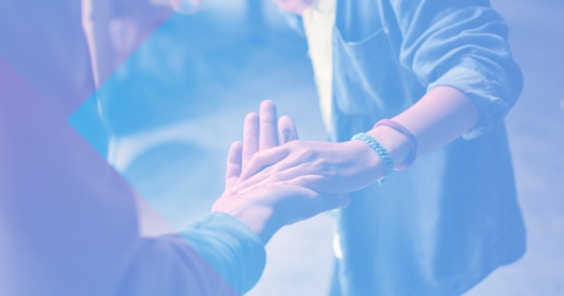I Am Sober is a free app that helps you get some control back in your life.

Using A Sobriety App For Support
Last Updated: Tue, January 23, 2024Quitting an addiction is challenging. Ask anyone who’s sober, or simply attend a sobriety meeting to hear others’ stories. The thing with addiction is it doesn’t even necessarily mean you’re using the substance everyday. For some addicts, they can quit for a couple days or even a few weeks at a time because their problem goes beyond using the drug or drinking alcohol, it’s thinking about it. Part of the reason for this is due to the lasting effects of substance use disorders. Many people wind up experiencing anhedonia.
Anhedonia is the inability to experience pleasure. This means that while your friends, family, and sponsors may rejoice and celebrate your sobriety… you may not feel the same elation. When you get a raise or an A on a term paper, you may not experience the joy that comes from a job well done. And this is a chief reason why many people end up relapsing. It’s why sobriety is a 24-hour struggle. It’s getting through each day without using and potentially without feeling “good” about things that would bring others’ happiness.
Part of the reason for this is because the “high” has set a new standard. For example, a person who’s never used drugs may feel good, fine, and bad. With “fine” being a calm middle, neither positive nor negative. Now, if this same person were to then start using drugs and become addicted, then they’ll upset the chemical balance of dopamine. And because they’re constantly increasing the dopamine with drug use, then their tier list becomes great, good, fine, and bad. To a non-addict, that sounds great, but the problem with people suffering substance abuse disorders is that “being high” becomes the new normal. So “great” is being very high, so “good” must become their neutral normal… but very few people feel “good” all the time, so many addicts engage in risky behavior to engage in more immediate rewards and increase their dopamine output. This is also why, feeling “fine” (for addicts) is now akin to feeling “bad”. And why feeling “bad” feels a hundred times worse than it used to.
For many people, this is why they resort to substitute addictions to fit their needs.
Substitute Addictions
There are a fair number of people (for instance, 25% of alcoholics according to one study) who will substitute their addiction with another when they’re in recovery. An alcoholic may turn to cigarettes or desserts while a smoker may turn to anti-anxiety pills.
Now that said, not all substitute addictions are detrimental to your health. Some people suffering substance abuse disorders substitute their addiction with exercise or work. Overindulging in either may be detrimental, but those are two examples of substitutions that provide dopamine and less detrimental effects.
The reason many end up with a substitute addiction is because the lack of dopamine can lead many to suffer from anhedonia – or an inability to feel pleasure. This is partly what makes staying sober a challenge. It’s hard to feel like you’re achieving something; it’s hard to feel that instant gratification of dopamine as a sober person. Worse yet, this is a factor in addicts feeling alone or isolated. Family members, friends, and even sponsors may congratulate an addict on a job well done (staying sober), but the addict feels nothing. You can feel alien among your peers and this should be reason enough to attend a meeting with others because they know that feeling all too well.
Using A Sobriety App For Support
Social media and smart phone use however, are also a form of addiction. The notifications that pop up often provide that quick burst of dopamine. But why? It’s because our brains become more active when there is content that drives us to engage, comment, and share with our peers. According to a UCLA psychology study’s senior author, Matthew Lieberman:
“We always seem to be on the lookout for who else will find this helpful, amusing or interesting, and our brain data are showing evidence of that. At the first encounter with information, people are already using the brain network involved in thinking about how this can be interesting to other people. We're wired to want to share information with other people.”
In this way, a sobriety app can actually help addicts stay sober.
First of all, because of the addictive nature of social media, a sobriety app can be one of the healthier alternative substitute addictions. A sober tracker app provides daily notifications and words of inspiration to help give that dopamine sensation. Secondly, the social nature of a sobriety app – being a daily, online tracker – means you can share it and even if your personal success doesn’t provide the “high” you’re hoping for, the engagement from an online community can/will. Plus, the ability to share noteworthy, thoughtful, and inspiring quotes throughout your day-to-day are meant to be shared to help those around you, but also engage with others.
Suffering from a substance abuse disorder makes recovery a challenge, but with a multitude of support systems (friends, family, sober peers, online communities, and a sobriety app) you can stay sober and feel the sense of accomplishment you deserve.
I Am Sober is a free app that helps you get some control back in your life.



